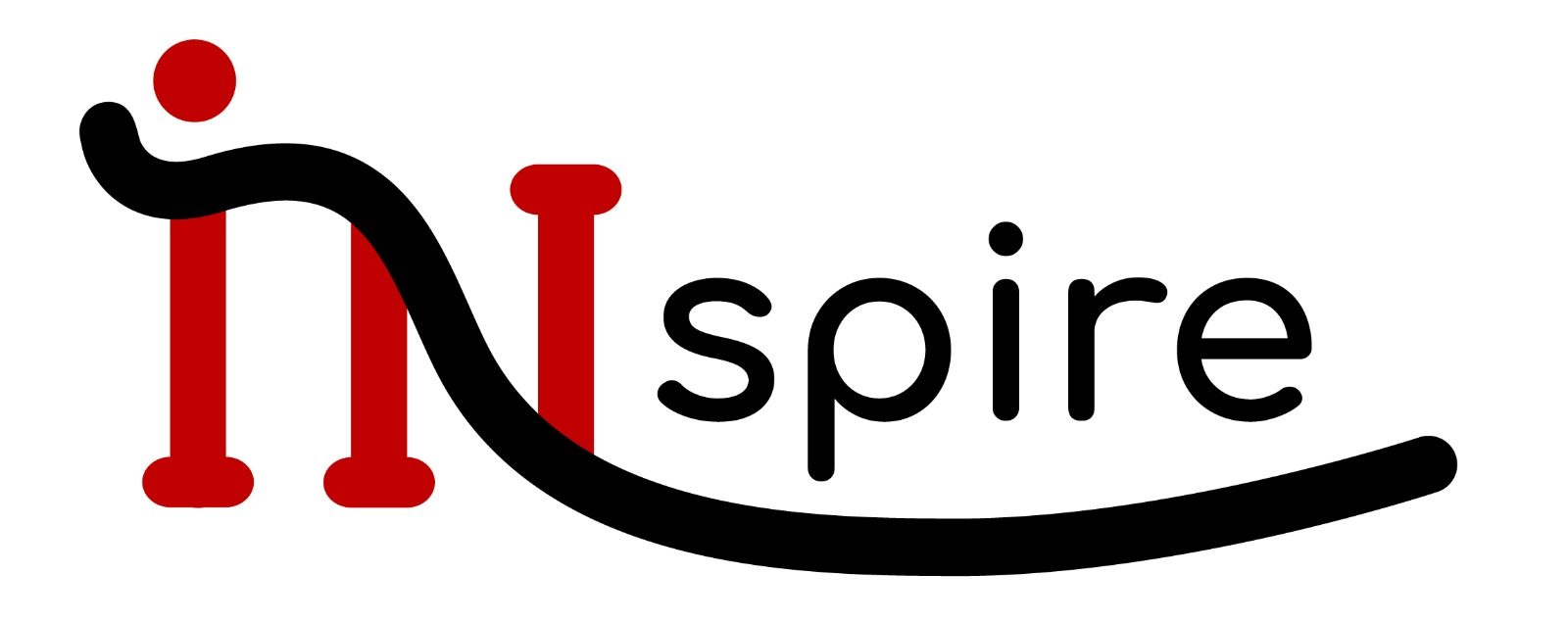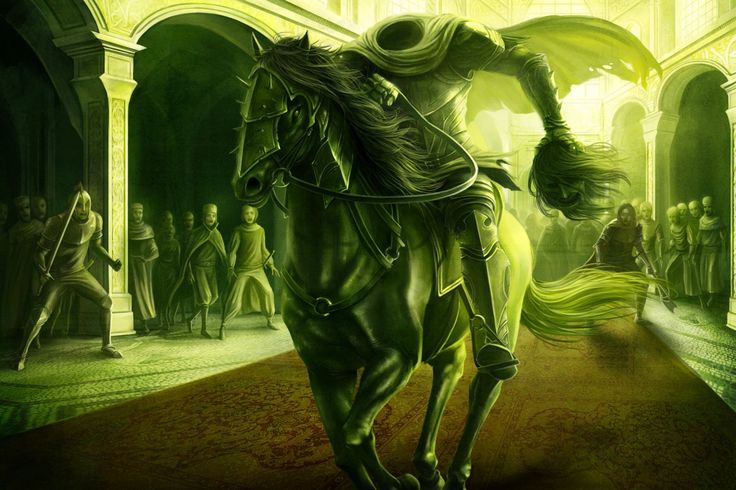About
Preparation time: 2-4 hours
Playing time: 3-4 hours + 1 hour reflection
Number of players: basically unlimited amount of groups of 3-6 people
Materials:
- printer, laminator
- rope to set up checkpoints
- GPS to take coordinates
- Google maps to set up digital map
The players will become the Knights of the Round Table and start to discover their own story based on the Arthurian legend of the Green Knight. They will be travelling from one checkpoint to another, uncovering the story and choosing their own path in it. At each station, they will be fulfilling small, entertaining tasks, and in between stations, they will share stories (see more in the Game flow).
Preparation of the game
- Print the attachment, cut it, laminate it (watch out for the papers with 2 sides!).
- Set up check-points. The checkpoints inside of the group should be close to each other, groups can be further from each other. There is 6 main groups, the 7th group should be the base camp.
- Take the coordinates of each checkpoint. Put them to Google Maps (or another tool) you can share with the participants. Create a secret map for group 6 which you will share with participants only if they find 3 clues, and a secret map for group 7 which you will share when they successfully finish the final task.
Side-notes:
- Checkpoint 34 should be put on some easy-to-climb tree above the checkpoint 33.
- Checkpoint 35 should have one pack of hard candy for each participating group.
- Checkpoint 37 should be really close to 36.
- the terrain in between the checkpoints 40 and 41 should be easy to walk barefoot, and backwards.
- Group 5 should be around water. Especially the checkpoints 53 and 54.
Questions for group-building
- Adventure. Share an adventurous story from your life with your companions.
- Failure. Share a failure story from your life (and what you learned from it) with your companions.
- Love. Share a love story from your life with your companions.
- Life. Share a story from your life with your companions.
- Life-dreams. Share your life dream with your companions.
- Happiness. Share a happy story from your life with your companions.
- Fear. Share what you are afraid of with your companions. Think about the recurring fears in your life and how they are influencing you. What could you become if you faced them?
Final task
Your companions heard your recurring fear in life. Now you have the opportunity to face the fear.
Your companions will come up with a challenge for you to take and to face whatever you are afraid of. Keep the challenge realistic, possible to do today, and which would not possess the threat of being hurt. In case your challenge would be of the physical sort, approach your leaders first to discuss how to proceed.
Preparation of the participants
- Place the participants in groups of 3-6 people. Smaller groups work better for getting to know each other, especially since they will cooperate together for a longer time during the project (e.g. reflection groups).
- Ask them to prepare themselves for:
- Approx. 4 hours walking in nature. They should have good shoes, water, maybe snacks, and a hat to protect from sun.
- They will need at least 1 smartphone with internet access and 1 camera per group.
- Warn them they might take a swim (or you can change this task in the game sheet).
- Warn them they might get dirty.
- Inform them:
- They will be playing the roles of the Knights of the Round Table. Yet, when answering questions about themselves, they should be talking truly about themselves, not about their characters.
- Invite them to be playful and not take themselves too seriously.
- Inform them this is a challenge by choice. If they don’t feel like doing something, they don’t have to.
- There are no life-threatening tasks… still, watch out.
- Pass them emergency numbers + the contact to the game coordinator.
- When ready, inform them:
- When they collect 3 clues, they should contact the game coordinator.
- Whenever they are stuck, they should contact the game coordinator.
- Pass them the map (not the secret map yet).
- Read them the 1. Opening (or send them to the location of checkpoint 1).
Reflection
Reflection is a crucial part of the process. Without the reflection, it will be just another game to fade away. By reflection, you are supporting participants to learn more effectively from what they experienced.
- Feelings. How are you? How was it for you?
- What happened. What was the most interesting for you? What was the hardest for you? How come? What happened there?
- Take-away. What did I learn from this? How can I apply it in my life? How will I know I am applying it?

